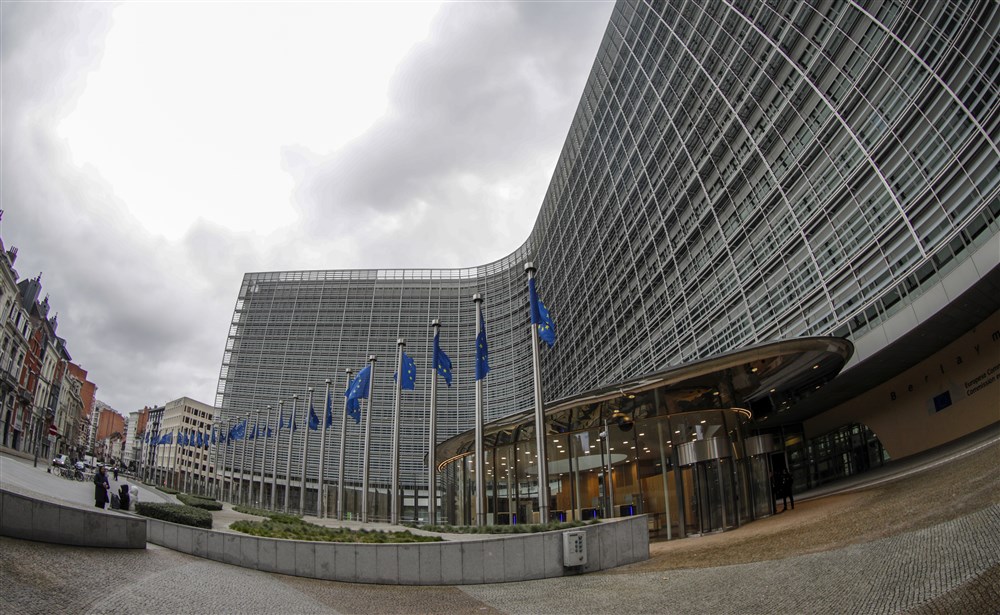A two-year trend of population decline in the European Union has been reversed by the ongoing migration wave, a report by EU statistics agency Eurostat has found.
The agency has put the reversal down to the end of the Covid-19 pandemic, which saw the number of people living in the bloc fall in 2020 and 2021.
According to Eurostat, 2022 again saw the EU in a state of “negative natural change”, with the number of deaths in the union outweighing births as in previous years.
However, high levels of migration into the bloc meant that it saw an overall rise in the population last year, despite these “natural change” factors, with the rapid influx of Ukrainian refugees significantly bolstering figures.
“The observed population growth can be largely attributed to the increased migratory movements post-Covid-19 and to the mass influx of displaced persons from Ukraine who received temporary protection status in EU countries, as a consequence of the Russian invasion in February 2022,” the Eurostat report said.
The agency now puts the EU’s overall population at around 448.4 million people as of January 1, 2023.
The return to population growth in the bloc has coincided with a significant increase in migrant arrivals, with many countries also reporting a spike in non-Ukrainian asylum-seekers last year.
Observers say many of those migrants were also thought to have originated from countries generally regarded as “safe”.
For instance, in Ireland, the plurality of migrants who claimed asylum in the country last year were from Georgia, a peaceful country that has had visa-free travel with the EU since 2017.
The situation has prompted some MEPs to query the EU’s approach to migration, with three representatives from the ID Group questioning the European Commission as to why it has not stopped visa-free travel from some countries, thus enabling significant inbound migration.
“Although it was introduced in 2013 and revised in 2017, the [visa extension] suspension mechanism has almost never been triggered, despite the fact that nationals of visa-exempt countries are contributing to the massive influx of migrants into Europe,” the three MEPs wrote.
“Can the Commission explain why the visa exemptions have almost never been suspended, despite the lack of cooperation on migration by the countries that benefit from them?”
Responding to the query, European Commissioner for Home Affairs Ylva Johansson insisted that she and her colleagues were regularly monitoring the visa situation among countries including Georgia, Albania and Moldova but had found no reason to warrant a suspension of visa-free travel.
“In all reports so far, the Commission has been able to conclude that, overall, the visa liberalisation specific requirements continued to be fulfilled,” she said.





